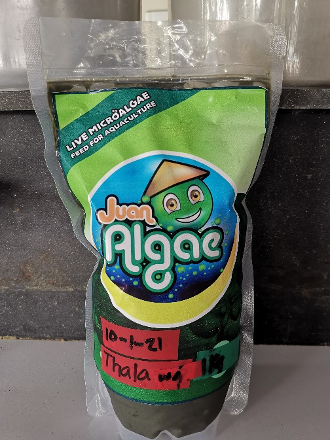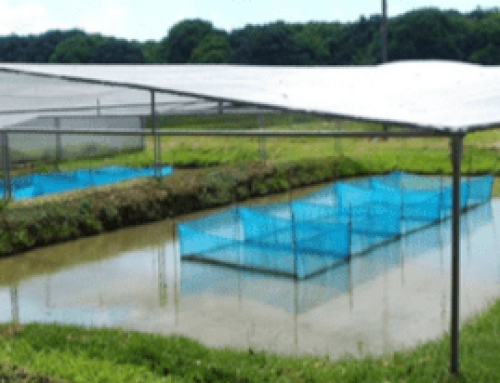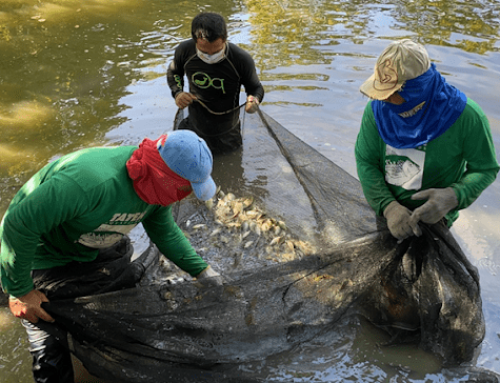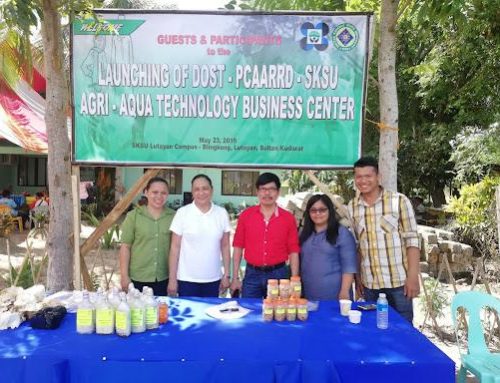In this Article

The University of the Philippines through the leadership of Prof. Fredson Huervana initiated the on-going project which started in the last quarter of 2020, it aimed to involve the optimization of marine diatoms supplementation to tilapia diets as to increase the levels of EPA and DHA incorporation to tilapia flesh. This research assesses at what period of grow-out the algae supplemented feed will be applied as to maximize the incorporation of EPA and DHA in tilapia tissue. Optimization of dose and frequency will also be done as to optimize the efficacy of the strategy in manipulating the fatty acid profile of Tilapia. Biological growth performance and the biochemical changes in flesh of these aquatic animals fed with the marine diatoms supplemented diets will also be evaluated.
The project hopes to develop awareness on the positive health benefits of eating saline cultured tilapia that is rich in Omega-3 fatty acids, encourage the attitude of eating cultured tilapia without the worries of having health problems due to consumption of high omega 6 fatty acids, accept cultured tilapia as equal or comparable to wild fish in terms of nutritional value, recognize and develop the attitude that marine diatoms could replace fish oil and soyabean oil in the diet of tilapia.
With the project it is also expected to increase in market acceptability of high Omega-3 tilapia will lead to increase in demand thereby increasing the sales and profit of farmers, improvement of economic gain for tilapia farmers by placing premium price to the tilapia enriched with Omega-3 fatty acids, development of another industry on marine diatom production that could create additional jobs, and additional income of fish growers as a result of tilapia farming in open sea and close marine bays.








